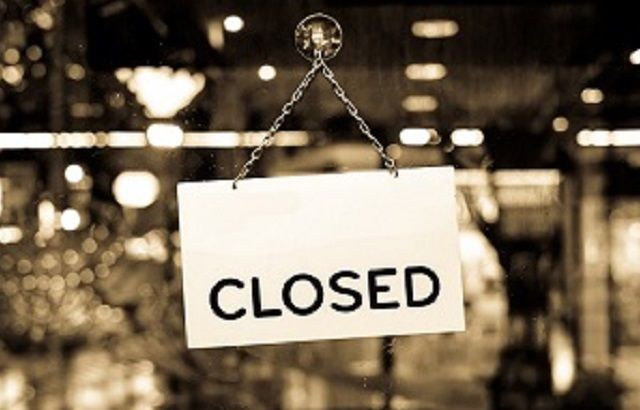The number of distressed debt funds globally has jumped to 60 from 51, while capital targeted jumped to $72bn (€63.8bn), more than double as much as a year before, Preqin said.
The alternative data and analytics provider has found that out of the 60 funds, 42 have a regional focus on North America and 10 on Europe. But only seven of these funds are domiciled in Europe (see charts below).

***Please note: the number of funds is counted starting from the vintage year and not the launch date.***

***Please note: the number of funds is counted starting from the vintage year and not the launch date.***
Distressed debt funds domiciled in Europe, as at 1 July, 2020

Preqin wrote in a blog that, as of June 2020, there is currently $68bn in ‘dry powder’, which it believes will be deployed in the coming months given the significant defaulting likelihood in the aftermath of the crisis.
Most distressed debt managers are seeking out low-rated bonds, such as triple-Bs, in anticipation of them being downgraded to junk, Preqin said.
A spokesperson for UBS’s alternatives and sustainable & impact investing teams told Expert Investor that they estimate “about half a trillion dollars across credit segments are trading at distressed levels”, as of mid-June.
“Specifically, in the high-yield space, about $125bn of US and €25bn of European high yield [bonds] are trading at spreads above 1,000 points.
“In the leveraged loan market, we estimate that about $125bn of US and €15bn of European leveraged loans, including collateralised loan obligations, are currently in distress.
“In the private credit space, we estimate that around 20%, or $120bn of outstanding loans, may require borrowers to seek alternative sources of liquidity,” the UBS teams explained.
Opportunities
Mark Haefele, chief investment officer, global wealth management at UBS, commented: “The pandemic has added to corporate distress worldwide.
“But while the pandemic is creating headwinds for companies and investors, corporate distress also creates opportunities in undersold stocks and for specialised managers of alternative investment funds to deploy capital.”
Haefele points to three types of opportunity:
- Forced liquidation: Margin calls, fire sales, or fund redemptions causing stable or quality assets to trade at a significant discount compared to fair value.
- Special situations or rescue financing: As traditional capital sources dry up, borrowers start to face short-term cash shortfalls, requiring liquidity injections or recapitalisations.
- Traditional distress or restructuring: Situations where more heavy lifting is needed as balance sheets are strongly impaired and require rebuilding through more active ownership, workouts, and potentially bankruptcy.
But timing is important, Preqin added.
“Ultimately, timing capital deployment is crucial to distressed opportunities: if the investment is made too early, valuations may not be as low as they can be, and if the investment is made too late, the opportunity may disappear altogether,” it said.
Recent developments
In April, Bloomberg reported that California-based fixed income asset manager Pimco announced its plans to raise up to $3bn for a distressed debt fund.
In the same month, California-based alternative asset manager Oaktree Capital Management unveiled its intention to raise the largest distressed debt fund in history, with a target size of $15bn, Preqin wrote.
The UBS teams have observed an increasing number of private market managers building sustainable investing capabilities.
They noted that the rising concern by investors and regulators about sustainable economic development and recovery from the downturn, “provides a strong incentive to fund managers to take environmental, social and governance (ESG) risks and opportunities into account when deploying capital, as these factors will inevitably affect the companies’ recovery and growth”.
“[Private market managers] can play an important role in the sustainable economic recovery post-covid, but also in the long run,” UBS continued.







